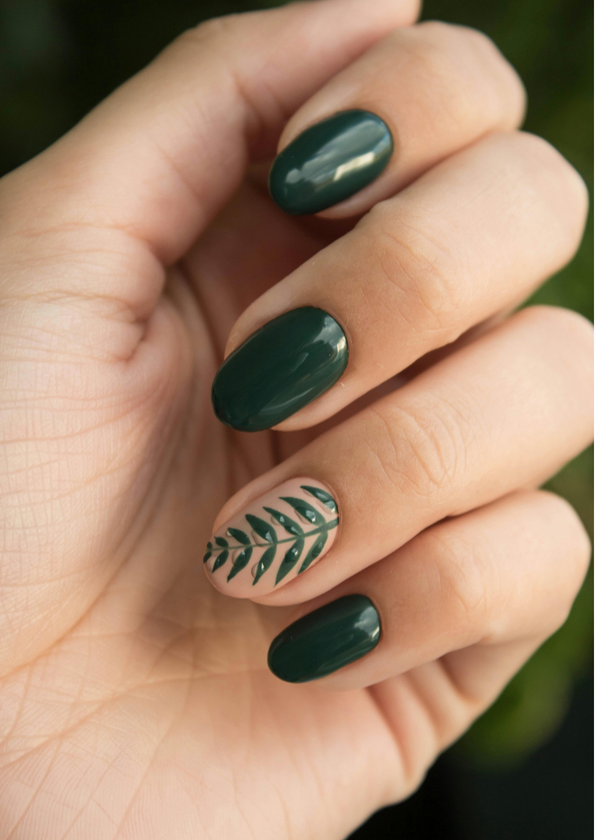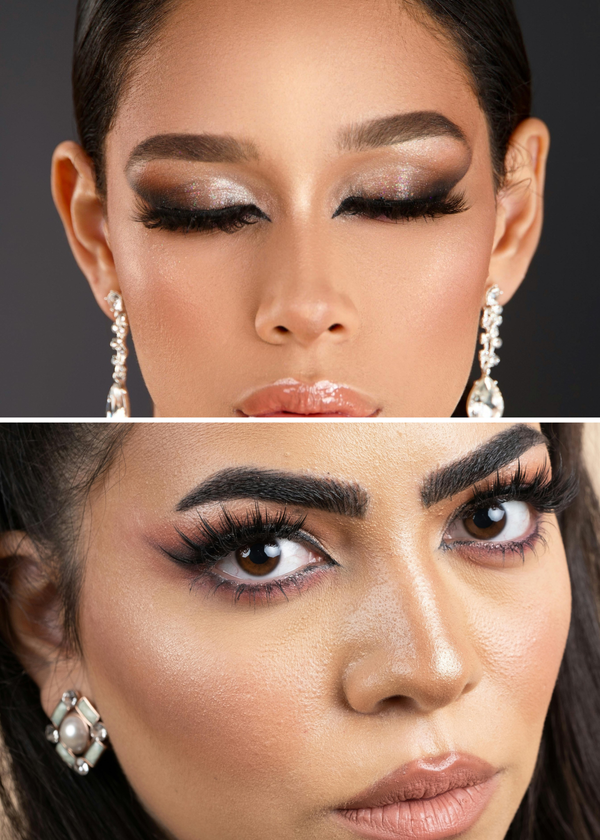In the ever-evolving world of skincare, choosing the right products and routines can be a daunting task.
Among the myriad of options, two stand out as power players in promoting healthy and radiant skin: exfoliation and vitamin C.
Both are often hailed as essential components of a well-rounded skincare routine, but when faced with the choice of whether to exfoliate or use vitamin C, confusion can arise.
This comprehensive guide aims to unravel the mysteries surrounding exfoliation and vitamin C, exploring their benefits, potential drawbacks, and how they can be integrated into a cohesive skincare regimen.
By the end, you'll be equipped with the knowledge to make an informed decision tailored to your unique skin needs.
The Basics of Exfoliation
Exfoliation is a cornerstone of skincare, playing a crucial role in sloughing off dead skin cells, unclogging pores, and promoting cell turnover.
This process can be achieved through mechanical or chemical means, each with its own set of advantages and considerations.
1. Mechanical Exfoliation
Mechanical exfoliation involves the use of abrasive particles or tools to physically remove dead skin cells. Common methods include scrubs, brushes, and facial cleansers with gritty textures. While effective, this method requires caution, as aggressive scrubbing can lead to irritation and damage.
2. Chemical Exfoliation
Chemical exfoliation utilizes acids, such as alpha hydroxy acids (AHAs) or beta hydroxy acids (BHAs), to dissolve dead skin cells. This approach is often gentler than mechanical exfoliation and is suitable for various skin types. However, individuals with sensitive skin should introduce chemical exfoliants gradually to prevent adverse reactions.
Unraveling the Mysteries of Vitamin C
Vitamin C, also known as ascorbic acid, has earned its reputation as a skincare superhero due to its antioxidant properties and ability to brighten the complexion. This water-soluble vitamin contributes to collagen synthesis, making it a valuable asset in the fight against aging and skin damage.
1. Antioxidant Power
One of the key benefits of vitamin C is its potent antioxidant activity. It helps neutralize free radicals, which are unstable molecules that can damage skin cells and contribute to premature aging. By incorporating vitamin C into your routine, you're essentially arming your skin against environmental stressors.
2. Brightening and Even-Toning
Vitamin C is celebrated for its ability to fade dark spots and hyperpigmentation, resulting in a more even-toned complexion. Regular use can impart a natural radiance, giving your skin a youthful and healthy glow.
Deciphering Skin Needs
Now that we've explored the fundamental aspects of exfoliation and vitamin C, the next step is to decipher your skin's specific needs. Understanding your skin type, concerns, and goals will guide you in making the right choice between exfoliation and vitamin C—or perhaps a strategic combination of both.
1. Identifying Skin Type
Different skin types require tailored approaches. Oily and acne-prone skin may benefit from regular exfoliation to unclog pores, while dry or sensitive skin might prefer the gentle nourishment of vitamin C to promote hydration and combat inflammation.
2. Addressing Specific Concerns
Are you battling fine lines and wrinkles, or is your primary concern uneven skin tone? By pinpointing your specific skincare goals, you can prioritize either exfoliation or vitamin C to address your unique concerns effectively.
Crafting Your Skincare Routine
Now armed with knowledge about exfoliation, vitamin C, and your skin's needs, it's time to craft a personalized skincare routine that strikes the right balance. Incorporating these elements strategically can amplify their benefits without overwhelming your skin.
1. Daily and Weekly Rituals
Establishing a daily routine that includes a gentle cleanser, moisturizer, and SPF is the foundation of good skincare. Depending on your skin type and goals, consider incorporating exfoliation 2-3 times per week and vitamin C serum every morning for optimal results.
2. Potential Side Effects and Precautions
While both exfoliation and vitamin C can work wonders for your skin, it's crucial to be aware of potential side effects and take precautions. Overexfoliation can lead to redness and sensitivity, while vitamin C may cause mild irritation in some individuals. Start with lower concentrations and gradually increase frequency to minimize the risk of adverse reactions.
Conclusion:
In the eternal debate of exfoliation versus vitamin C, the answer lies not in an either/or scenario but in a thoughtful combination tailored to your skin's unique needs.
Both exfoliation and vitamin C play pivotal roles in achieving and maintaining healthy skin, and understanding how to integrate them into a cohesive routine is the key to unlocking their full potential.
By embracing the power of exfoliation for cellular renewal and vitamin C for antioxidant protection, you can embark on a skincare journey that enhances your complexion and boosts your confidence.
Remember, skincare is not one-size-fits-all, so listen to your skin, observe its responses, and adapt your routine accordingly for a radiant and healthy glow that stands the test of time.








